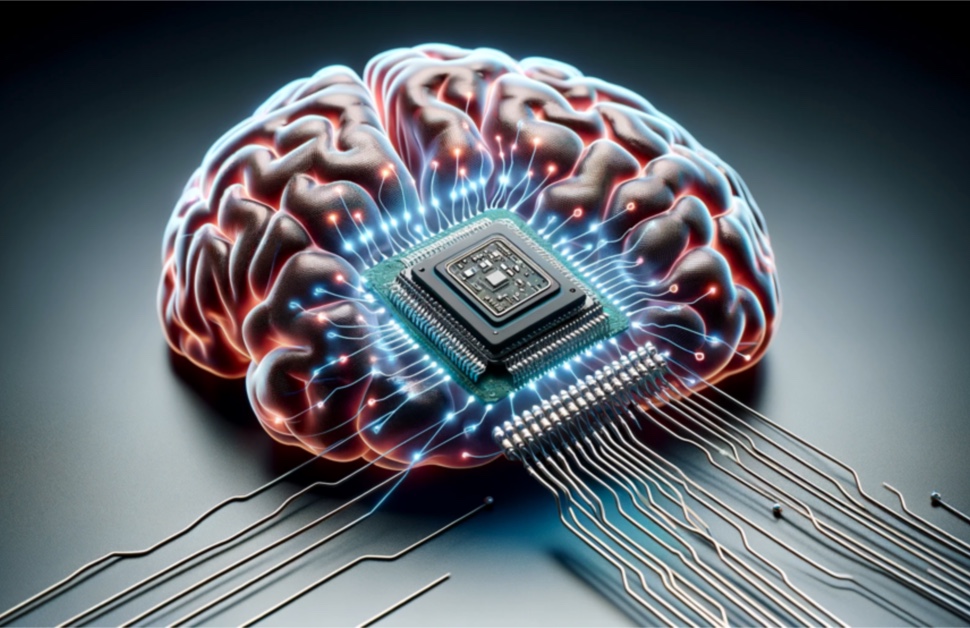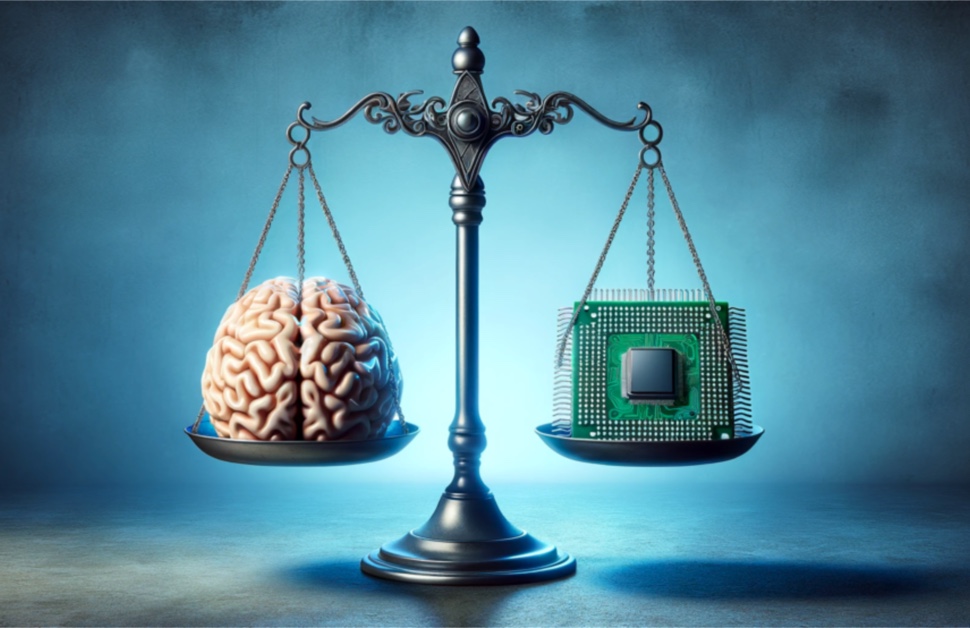Neuralink, an innovative neurotechnology company co-founded by Elon Musk, has been at the forefront of brain-computer interface (BCI) development since 2016. The company, based in Fremont, California, aims to create devices that enable direct communication between the brain and external technology.
Company History and Background:
Founded to integrate human cognition with technology, Neuralink revealed its first prototype in 2019, featuring ultra-thin probes inserted into the brain, connected to a high-density electronic system.

The Technology:
Neuralink’s technology utilizes biocompatible polyimide probes with conductors, inserted by a surgical robot. These probes, along with a coin-sized microchip implanted in the brain, interpret and transmit neural signals to external devices. The Link, Neuralink’s brain chip, decodes and stimulates brain activity.

Achievements and Progress:
Neuralink has showcased its technology’s capabilities, notably with a monkey playing “Pong” using an implant. The company has conducted trials in pigs and initiated human testing after receiving FDA approval for clinical trials.

Breaking Ground in Human Trials:
In January 2024, Neuralink implanted its brain device into a human for the first time, marking a pivotal step in its technological advancement. The patient received the implant on January 29, 2024, and is reported to be recovering well.
Current Status and Monitoring:
Details about the patient’s post-implantation progress are limited. Neuralink maintains confidentiality on the trial, focusing on the patient’s health and the implant’s performance.

Ethical Considerations:
Neuralink has faced criticism over its corporate culture and animal testing methods. The company’s approach and practices are under scrutiny, with ongoing trials to evaluate the technology’s safety for human use.

Applications and Future Goals:
Neuralink aims to assist individuals with paralysis in regaining communication skills and plans to restore motor, sensory, and visual functions. The technology promises to enhance memory, cognitive abilities, and treat neurological disorders.

Conclusion:
Neuralink’s advances in neurotechnology could significantly impact medical science, rehabilitation, and
human-computer interaction, raising questions about human enhancement and the ethical implications of advanced technology.




